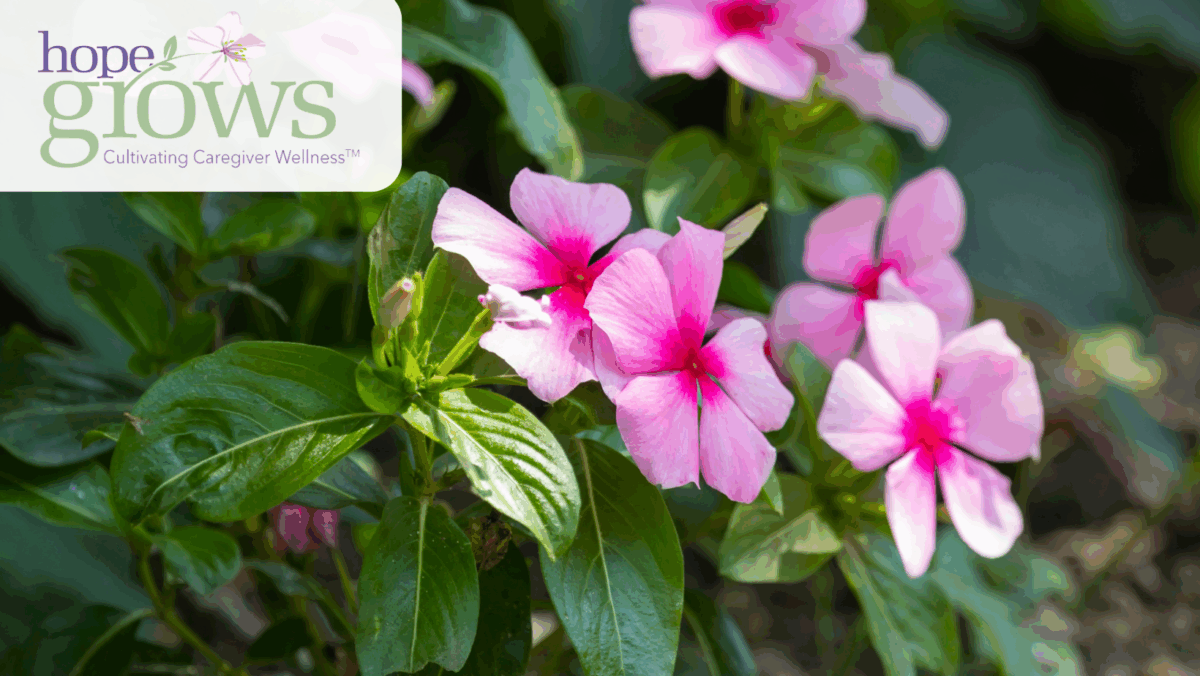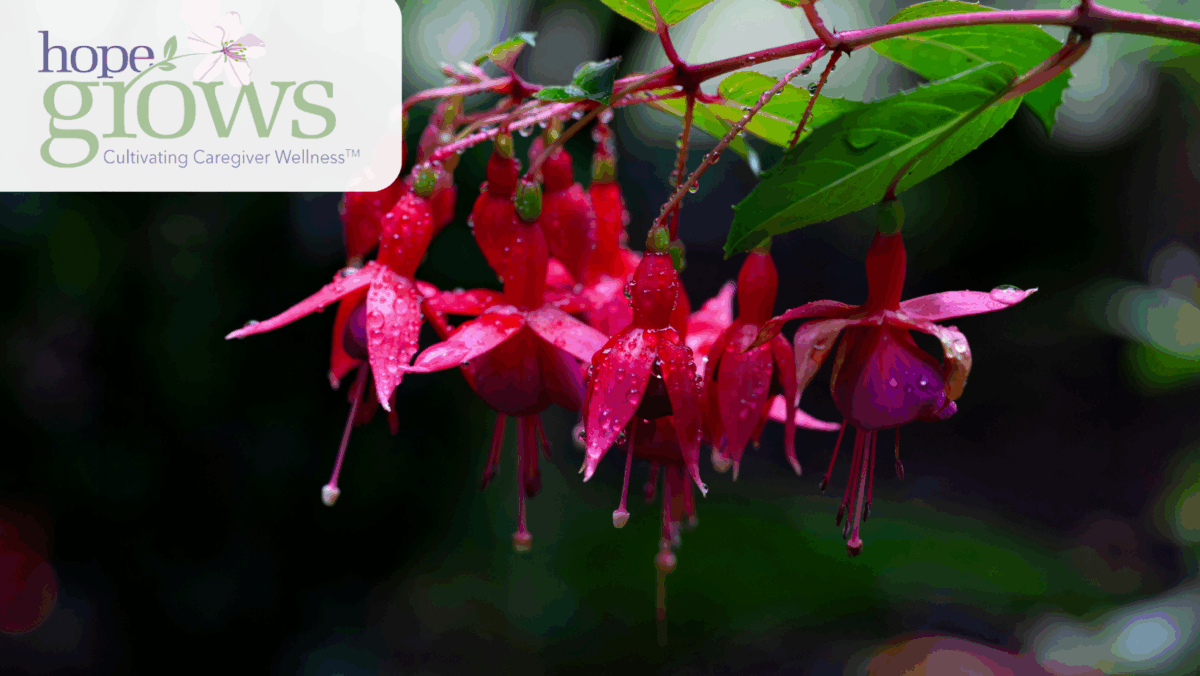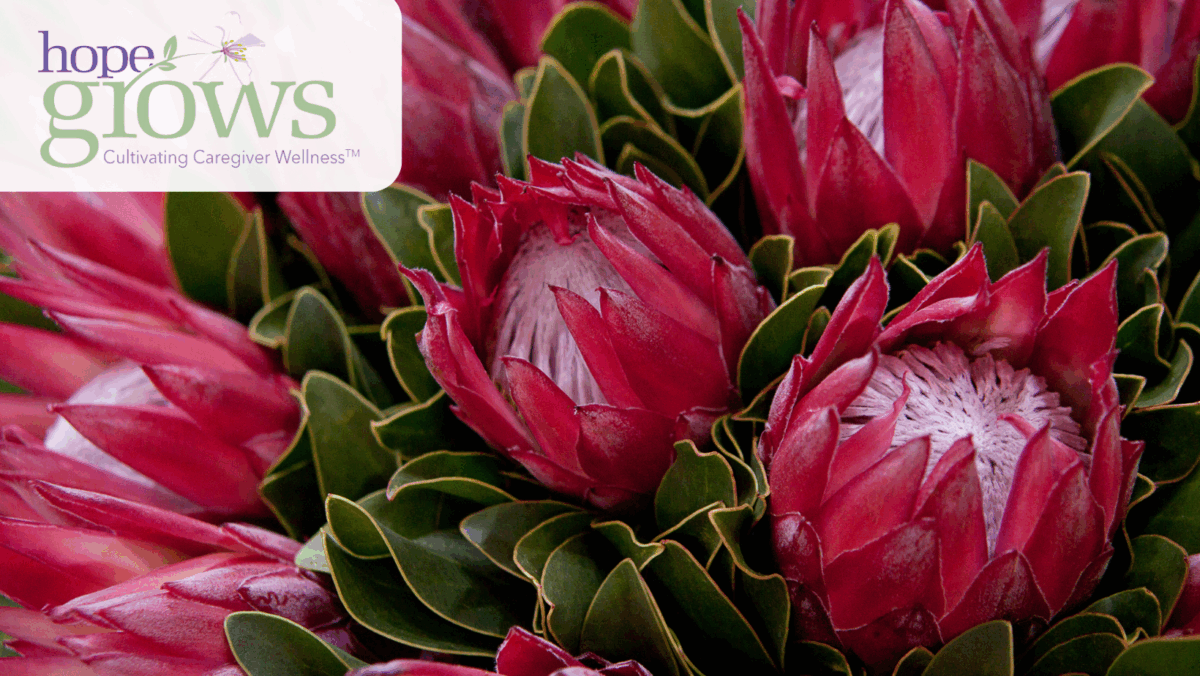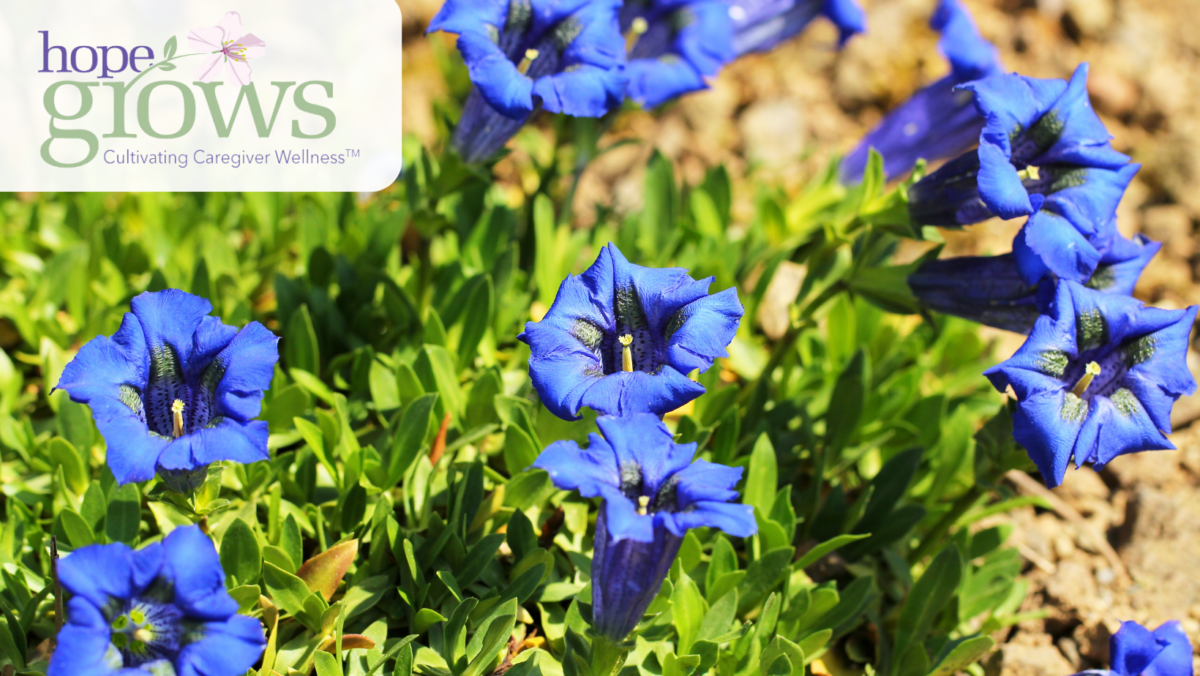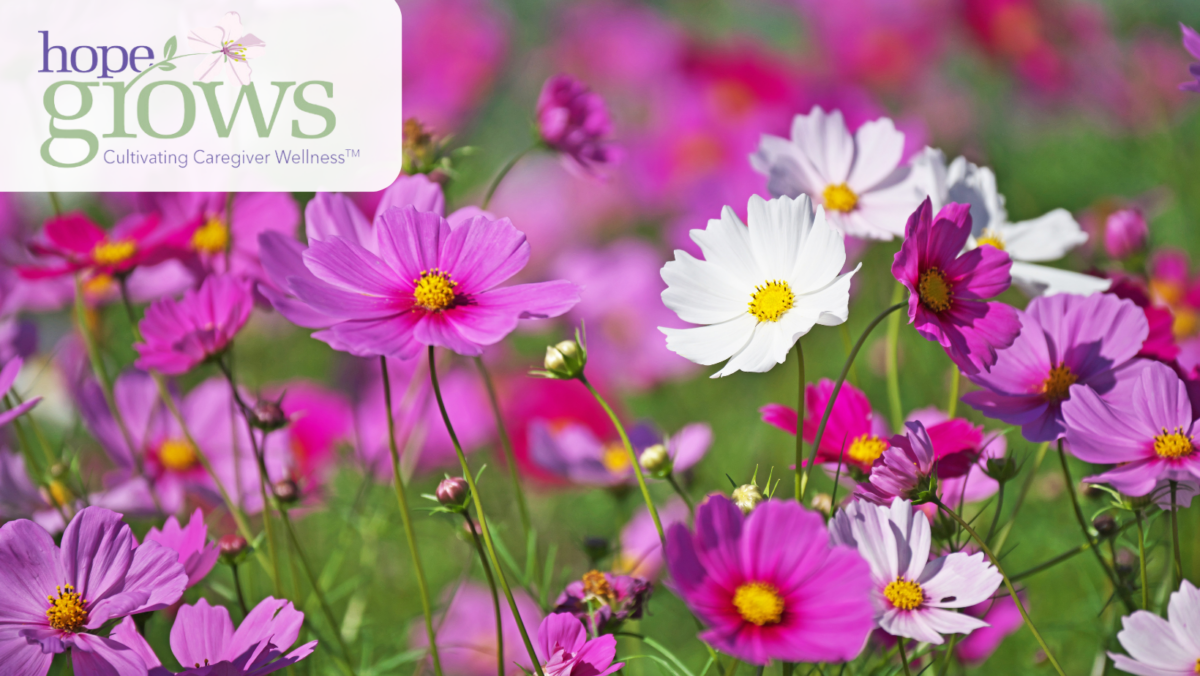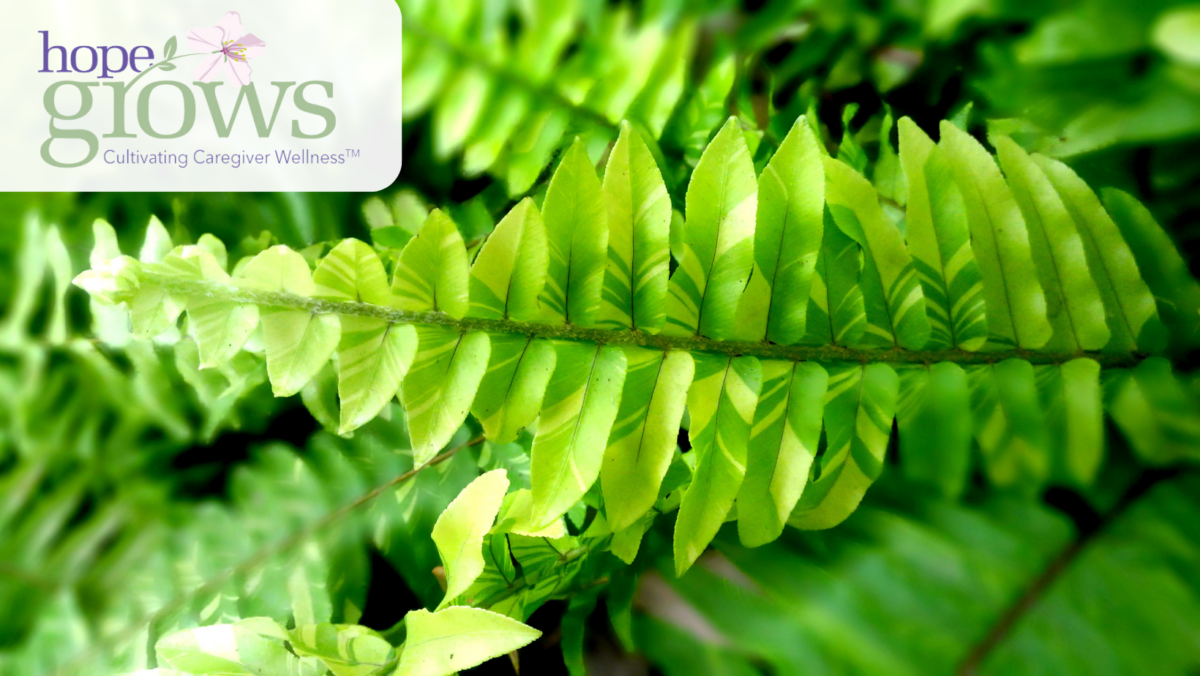Re-membering — Finding Our Way Back to What Still Belongs
November ushers in a profound shift. The days grow shorter, darkness lingers longer, and the cold begins its slow settling in. For many who are grieving, this seasonal descent mirrors the inner landscape of loss. We become aware of what has been taken, what feels missing, and what life has made painfully out of place. Loss, in many ways, dis-members us—pulling apart what once felt whole, steady, or deeply anchored in love.
But November, with its gentle cultural invitation to gather, to reflect, to break bread, and to give thanks, offers another path forward. The path of Re-membering. Not remembering, as in merely recalling memories, but Re-membering, as the opposite of dismembering: bringing back together the parts of our story, our identity, and our love – ours still to keep.
When the Heart Can’t Look Back (Yet)
In the early throes of grief, memory can feel unbearable. I worked with a male client who lost the love of his life. The photographs of their travels, the souvenirs of family adventures, and the once-treasured albums sat untouched. He asked me through tears, “Will I ever be able to look at these again?” In that season, he could not. The memories brought searing pain, not comfort. He judged himself for it, wondering why love had become so intolerable to look at.
The truth is this: in early grief, protecting ourselves is not avoidance—it’s survival. With time, compassion, and gentleness, shifts. Months later, he told me he sat down with those same albums, this time with a candle lit beside him. He smiled. He cried. He paused. He continued. But he could look. The memories, he said, “came back like warm waves instead of cold knives.” This is Re-membering—when the story becomes integrated again, and love, not shock, sets the tone.
The Role of Nature and the language of plants is something we incorporate in our model of care. Periwinkle is the flower for the month and has long symbolized fidelity, everlasting love, and spiritual connection. Its evergreen nature reminds us that some bonds—especially those forged in deep love—do not die. Even in the coldest months, its presence whispers, “what is rooted in the heart remains.”
Bringing periwinkle imagery, dried flowers, or watercolor art into your space can act as a gentle anchor during November. Nature not only reflects where we are—it helps guide us to what’s next.
Another grounding companion is the doTERRA Balance® Essential Oil. For those grieving, grounding is essential. The doTERRA Balance® blend, with its steady, wood-forward aroma, offers emotional centering when life feels unmoored. A drop to the wrists, over the heart, or on the bottoms of the feet can support the nervous system and create space for calmer breathing, emotional stability, and greater connection to the present moment. When we are grounded, we are more capable of Re-membering gently, without drowning in the past or bracing against it.
The November heart can bring gratitude and giving. It brings thanks-giving—not just as a holiday, but as a posture. Gratitude does not erase grief, but it can coexist with it. Neuroscience shows that giving thanks and engaging in altruism can increase serotonin and dopamine levels, elevating mood and nurturing a sense of meaning and connection. When we give of ourselves—especially while grieving—we momentarily step out of our pain and into purpose.
Some of the most healing practices in November can include:
- Writing one simple gratitude each day.
- Helping someone anonymously.
- Sending a card to a caregiver, widow, or grieving friend.
- Volunteering, even in a small capacity.
- Sharing a meal or donating one.
Altruism helps stitch the heart back together. It reminds us: We still matter. We can still contribute. We are still connected.
As we transition into the giving season and the colder start of the change of season, may you Re-member what is still yours, ground yourself with breath, earth, and calming aromatherapy, honor memories at a pace that is gentle, not forced, receive the symbols of nature as teachers and companions, and give and give thanks, not to bypass grief, but to let light in.
As winter approaches, may you find that what once felt broken can become rearranged—not as it was before, but as something whole in a new way. Love remains. You are still here. Your story continues, and it still deserves warmth, connection, and peace.
Written by Lisa Story, MSCP, LPC, CT
Founder & Clinical Director
Focus of the Month: Re-membering
Essential Oil: Balance
Flower: Periwinkle

